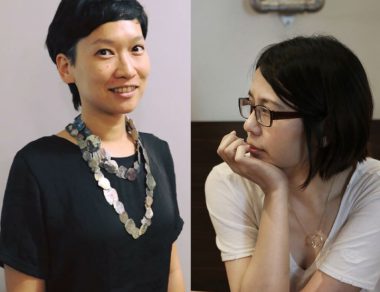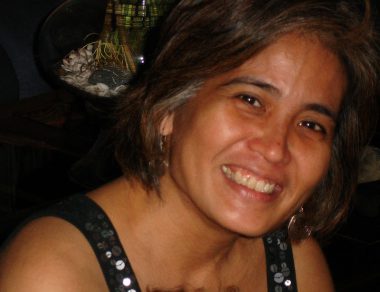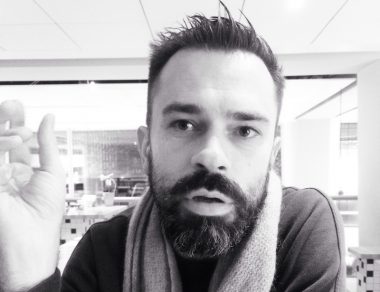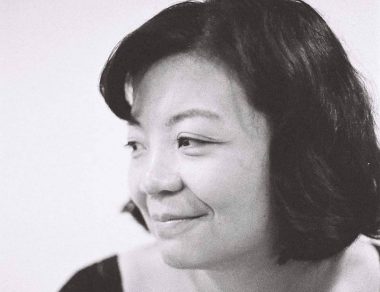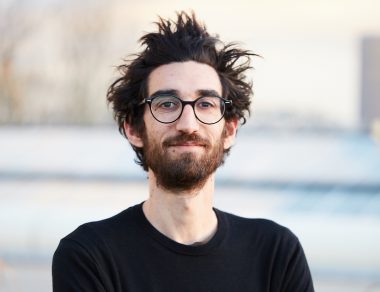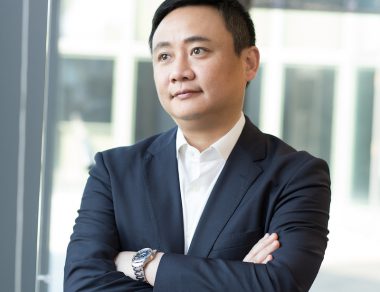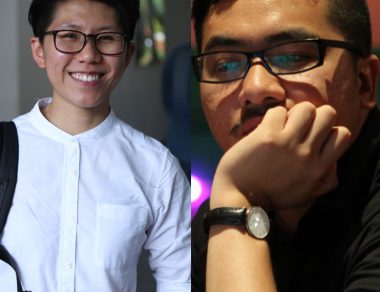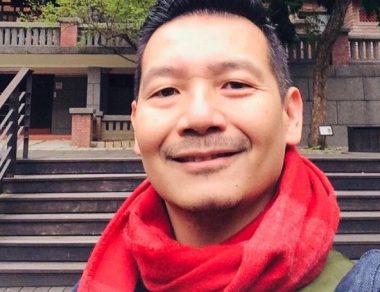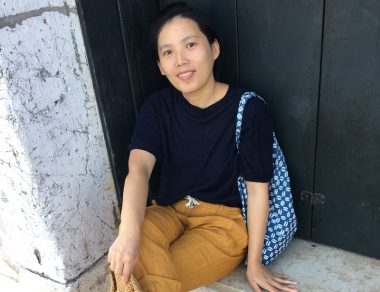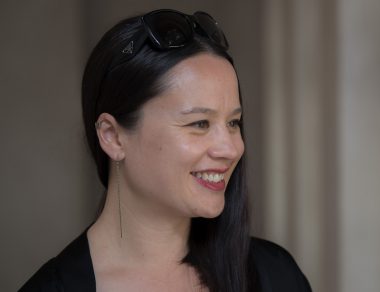Raqs Media Collective
Trans-trance Force Fields
(On the Curatorial Bearing of New Knowledge)
We come face to face with the “curatorial” whenever we witness within ourselves or around us the collision of artistic forms. There can be head on collisions, unforeseen accidents, jolts born of con-tact, eerie afterimages, as well as the accumulation of readings against the grain of intention. Con-tact and confrontation, in art, as in life, are an occasion for the multiplication of generative misun-derstandings. Our sense of the “transdisciplinary” practice is embedded in this sort of generative collision. The “trans” in transdisciplinary seems to us to be suggestive of a fluid state of transition between different modes of practice, thinking and being.
Being a long-term triangulation of three people with widely dispersed and disparate curiosities, passions and interests, we recognize this state of flux, this “trans-trance”, as a marker and anchor of both our artistic as well as curatorial practices. Our curatorial work often brings into play a range of what we call sources and itineraries, which acts as points of origin or even engines for adven-tures in thinking and feeling the heft and weight of particular questions that strike us as urgent and necessary.
These sources and itineraries (the moves made by ideas and questions) come to us from diverse origins-and embody our eclectic reading and experiences and our ongoing conversations and con-tacts with people engaged in different kinds of labor in the contemporary world as well as practi-tioners and thinkers in different fields of knowledge and creativity (art, the natural and mathemati-cal sciences, literature, language and lexicography, history, medicine, architecture, computer science and software).
These ongoing points of contact and contagion create transdisciplinary force fields that make the act of navigation between diverse knowledge bases and forms of embodied discourse an everyday ne-cessity within our practice.
They leave in their wake a spectrum of stable legacies and ephemeral traces that can be seen as acts of “instituting” artistic and cultural realities, both for the present, and in anticipation of future-of founding and putting in place processes that sometimes lead to profound changes in the composi-tion and direction of an artistic milieu. A case in point being Sarai, a “transdisciplinary platform of research and practice” that we founded and administered within a research institution in Delhi. An-other example is through producing new networks of invitation that outlast temporal boundaries, such as of the biennale event.
These processes also lead to new kinds of knowledge formation. By this we mean a networked auto-didactic impulse that connects different kinds and instances of autonomous learning and thought. We see ourselves as bearers of this impulse and recognize its ability to act in all the in-stances where we enter. This spins what is thought of as the “educational turn” in a different and unknown direction. Here, it is not art that is the bearer of knowledge to an un-informed public. In-stead, art is the means by which, and the ground on which, the artists discover themselves as bear-ers of new knowledges.
Raqs Media Collective

Raqs Media Collective was formed in 1992 by Jeebesh Bagchi, Monica Narula and Shuddhabrata Sengupta. The word raqs in several languages denotes an intensification of awareness and presence attained by whirling, turning, being in a state of revolution. Raqs Media Collective take this sense to mean ‘kinetic contemplation’ and a restless and energetic entanglement with the world, and with time. Raqs Media Collective practices across several forms and media; it makes art, produces performances, writes, curates exhibitions and occupies a unique position at the intersection of contemporary art, philosophical speculation and historical enquiry. The members of Raqs Media Collective live and work in Delhi, India.
Exhibitions curated by Raqs include The Rest of Now (Manifesta 7, Bolzano, 2008), Sarai Reader 09 (Gurugram, 2012-13), INSERT2014 (New Delhi, 2014) and Why Not Ask Again (Shanghai Biennale 2016-2017). Their artistic work has been exhibited at Documenta, the Venice, Sao Paulo, Manifesta, Istanbul, Shanghai, Sydney and Taipei Biennales, amongst others. Their prospective, With an Untimely Calendar was held at the National Gallery of Modern Art, New Delhi, in 2014-2015. Other solo shows at museums include at Isabella Gardner Museum, Boston (2012), CA2M, Madrid (2014), MUAC, Mexico City (2015), Foundacion Proa, Buenos Aires (2015), Tate Exchange, London (2016), Laumeier Sculpture Park, St Louis (2016), Whitworth Art Gallery, Manchester (2017), K21 Kunstsammlung Nordrhein-Westfalen, Dusseldorf (2018), and Mathaf: Arab Museum of Modern Art, Doha (2019).
In 2000, Raqs co-founded the Sarai initiative at the Centre for the Study of Developing Societies in Delhi, and the Sarai Reader Series, which they edited till 2013. Sarai was a pioneering platform for inter-disciplinary research and independent practice that brought together, theorists, researchers, artists, media practitioners and activists from all over India to pursue independent research projects. Sarai became a catalyst for an entire generation to find a new language for cultural and intellectual production that resonated with contemporary realities.
Raqs Media Collective have been invited to teach in many institutions and self-organised initiatives across the world. Raqs received the Multitude Art Prize in 2013. They are the Artistic Directors of the forthcoming Yokohama Triennale (2020).
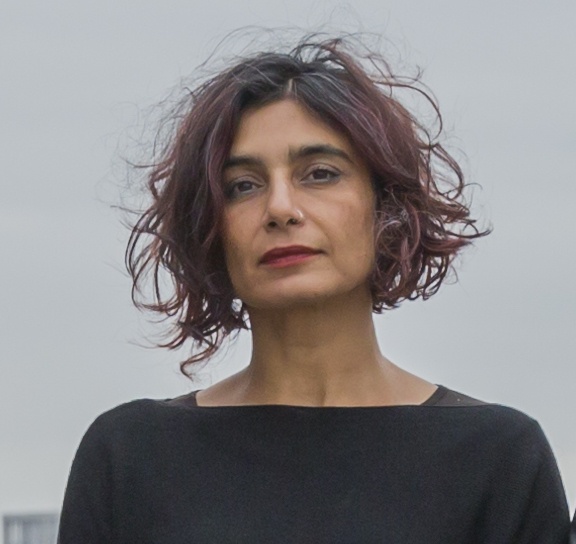
She formed Raqs in 1992 with Jeebesh Bagchi and Shuddhabrata Sengupta. The collective makes contemporary art, edits books, curates exhibitions, and stages situations. It has collaborated with architects, computer programmers, writers, curators, and theatre directors, and has made films. It co-founded Sarai (the inter-disciplinary and incubatory space at the Centre for the Study of Developing Societies, Delhi) in 2001, where it initiated processes that have left deep impact on contemporary culture in India.
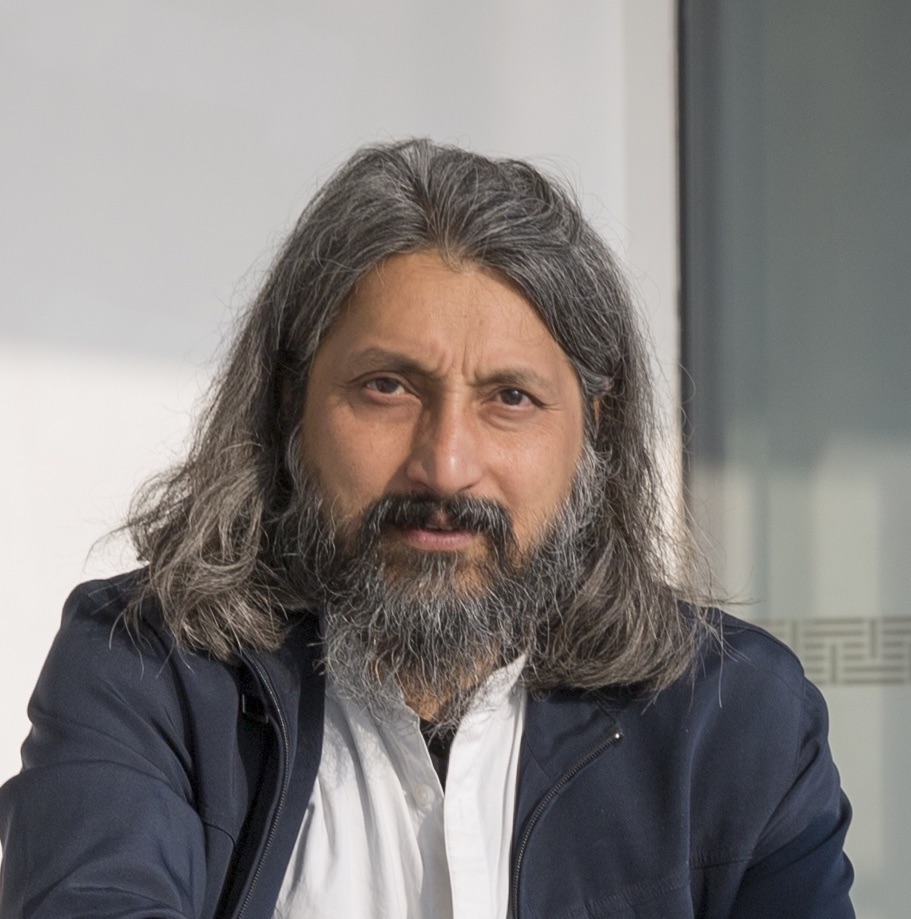
He formed Raqs in 1992 with Monica Narula and Shuddhabrata Sengupta. The collective makes contemporary art, edits books, curates exhibitions, and stages situations. It has collaborated with architects, computer programmers, writers, curators, and theatre directors, and has made films. It co-founded Sarai (the inter-disciplinary and incubatory space at the Centre for the Study of Developing Societies, Delhi) in 2001, where it initiated processes that have left deep impact on contemporary culture in India.
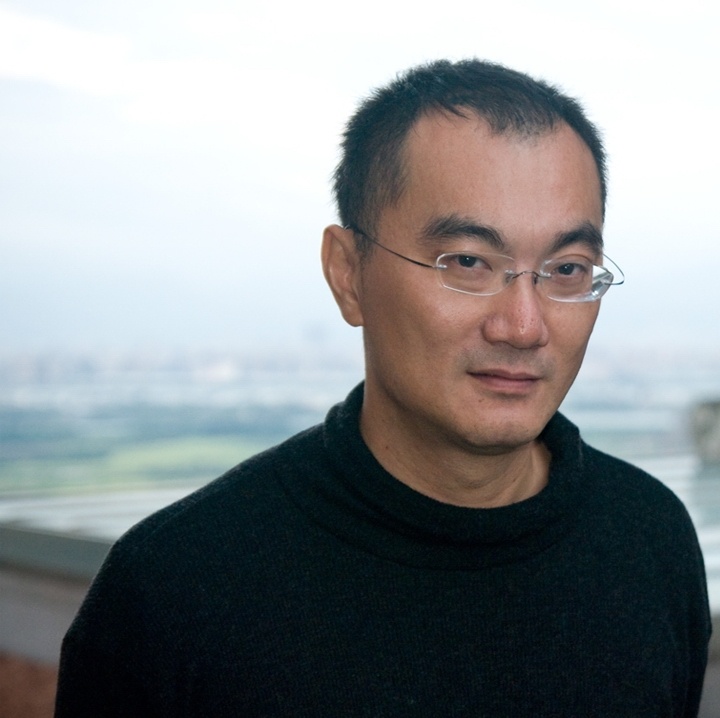
He is interested in transdisciplinary arts, politics of aesthetics, and curating. His writings can be found inArtco magazine, Yishu magazine, international journals, and publications of Art as a Thinking Process (2010), Artistic Research (2012), Out now: Experimental Aesthetics (2014), and Altering Archive: The Politics of Memory in Sinophone Cinemas and Image Culture (2017). He wrote the Introductions for Chinese edition of Art Power by Boris Groys and Artificial Hells by Clair Bishop. His books in Chinese include Beyond the Boundary: Interdisciplinary Arts in Taiwan (2004), Writings on Locality (2005), Curating Subjects: Practices of Contemporary Exhibitions (2012), and Poetics of Curating (2018).
REFERENCES
[News]
[Interview]
ArtReview Asia’s interview with the artist-curators – Yokohama Triennale’s 2020 artistic directors (2018)
[Curating]
- 7th Manifesta (co-curated with Adam Budak and Anselm Franke)
- Sarai Reader 09 (an on-line exhibition)
- INSERT2014 Online publication
- 11th Shanghai Biennale
[Solo Exhibition]
[Video]
- BAP Artist Talk | Raqs Media Collective | June 2019
- 北美館│2016台北雙年展論壇| 瑞克斯三人組TB2016 SYMPOSIUM Raqs Media Collective (2016)
- Artist talk for solo exhibition in K21 (2018)
- India & History's Ghosts: Raqs Media Collective (2014)
[Publication]
- Raqs Media Collective: Everything else is ordinary (exhibition catalogue for solo exhibition in K21)
- Source Book of Yokohama Triennale 2020, curated by Raqs Media Collective
